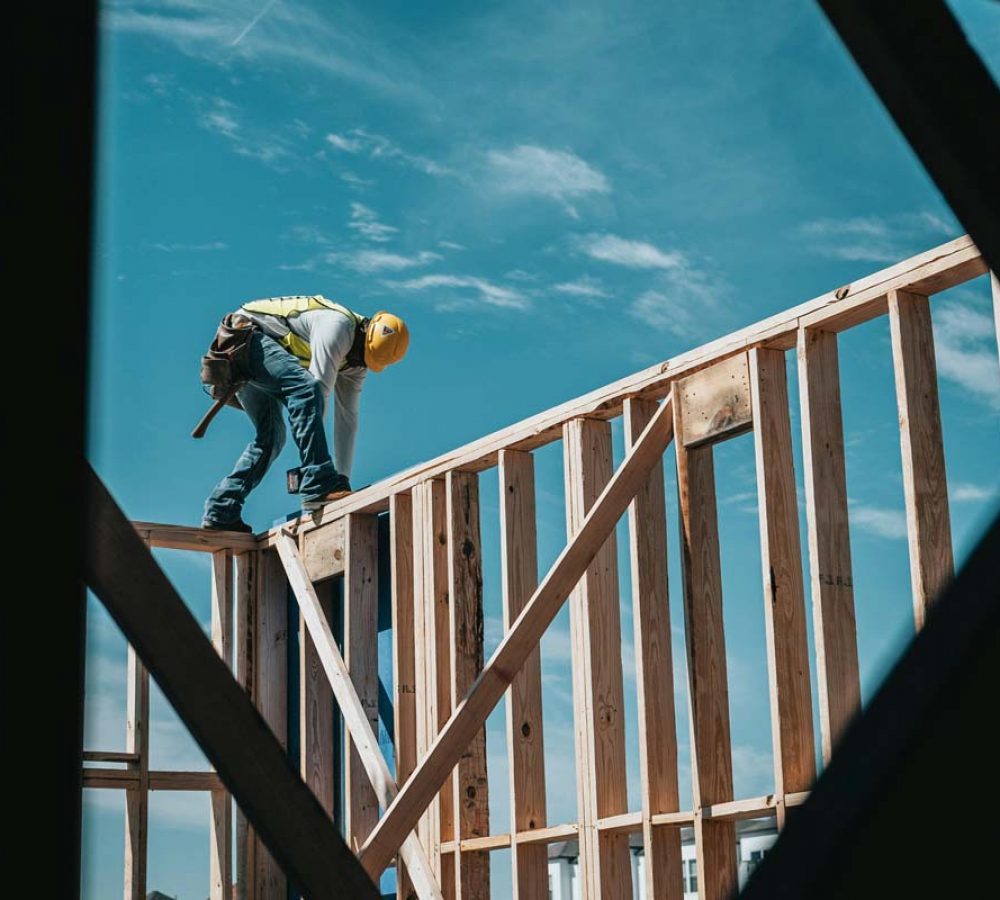Payment in the construction industry has been a hot-topic for many years. Whether it’s payment between employer and main contractor, or among main contractors and subcontractors, the chance of a dispute remains higher in construction than it does in most industries.
A pay less notice is the opportunity for a paying party to change their mind on what has already been agreed on payment, altering the payment due to the payee near to the end of the payment cycle, in the form of a written notification.
Current legislation implies into all construction contracts the right to adjudicate; it is a form of speedy dispute resolution that is designed as a “pay now, argue later” mechanism providing a binding, but not final, decision to ensure cash flow during construction projects.
For a pay less notice to be valid, it must:
- comply with the Construction Act, the contract or scheme
- be presented correctly, showing the basis of the calculated sums and the reasons for which the sums have been calculated
- be clear and obvious that the document served is a pay less notice, any confusion will result in a void notice
- be proven to be delivered to the payee and issued within time before the final date for payment, if it is not issued on time and in compliance with the contract and the relevant legislation, then the last notified sum is the amount to be paid.
For further advice, contact our specialist team on 01792 468684 or email enquiries@pgmsolicitors.co.uk




